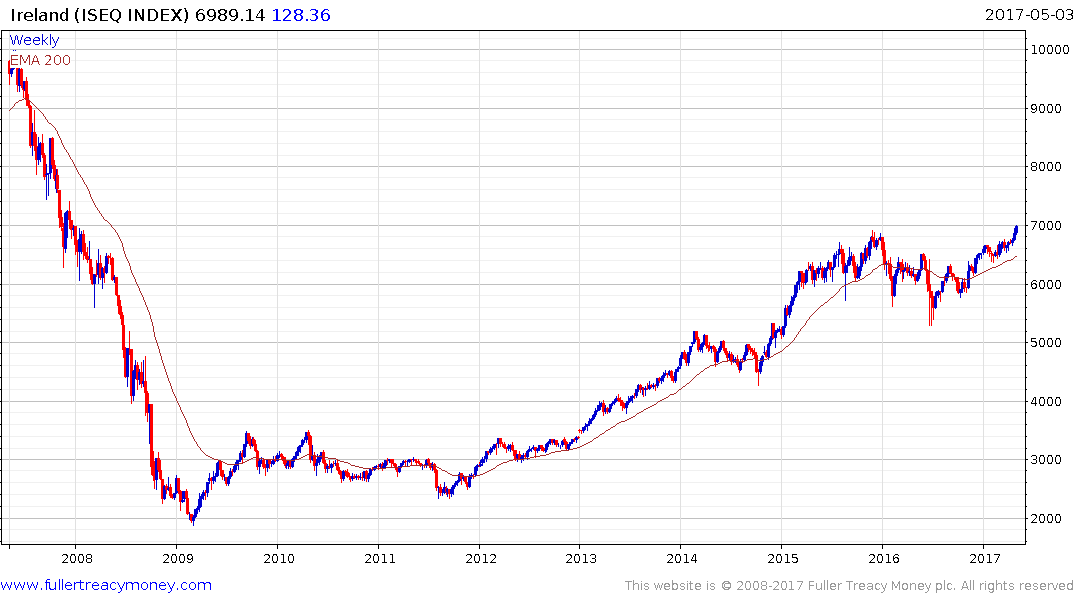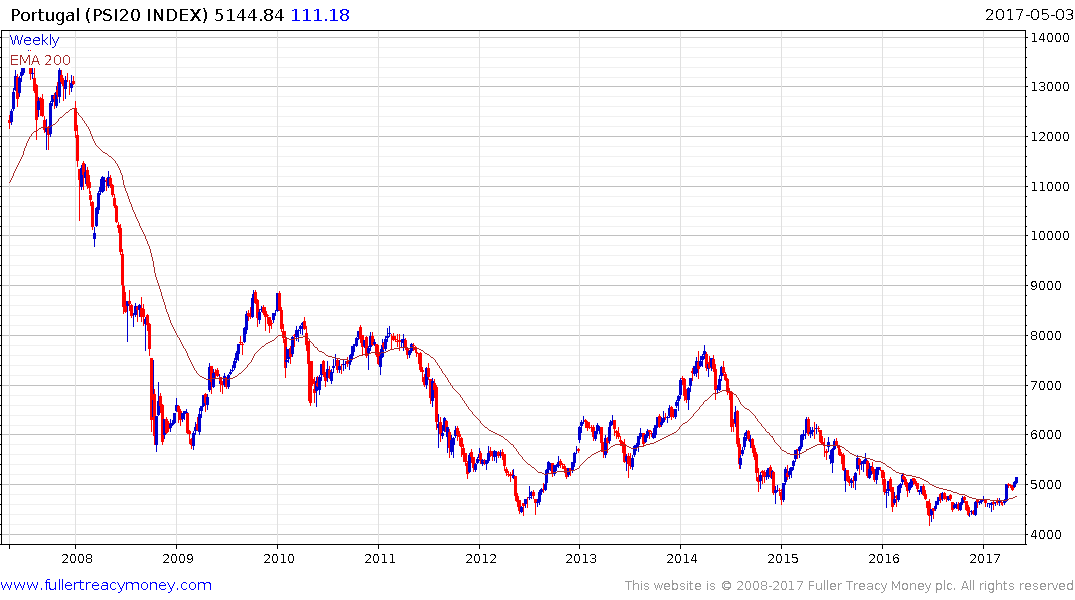Staff of US multinationals earn over 1.5 times the average wage
This article from the Irish Times may be of interest to subscribers. Here is a section:
Workers employed by US multinationals in Ireland earn almost twice the average industrial wage and are paid significantly more than their counterparts in other foreign-owned firms.
New figures from the Central Statistics Office (CSO) show employees of US firms here earned an average of €59,836 in 2015, which was nearly double the industrial earnings average of €36,519.
It was also higher that those working for UK multinationals based in Ireland, who earned an average of €34,691, or those working for German multinationals, who earned an average of €42,039.
The research also shows US multinationals accounted for €581 billion of the foreign direct investment (FDI) in Ireland, equating to over 70 per cent of the €796 billion total.
This was more than originally thought as previous surveys tended to examine FDI on a “country of origin” basis.
However, this time the CSO examined the controlling parent of the firms involved to get a better picture of the true origin of the investment.
Unsurprisingly, US FDI in Ireland dwarfs that from any other country, reflecting the long-standing ties between the two countries. Foreign investment from the UK amounted to just €19 billion, while the stock of investment from Germany and France was €12 billion and €8 billion respectively.
The 12.5% corporate tax rate as well as membership of the EU have been instrumental in Ireland’s success in attracting both investment and high paying jobs. It is that latter point which helps to compensate the government for the loss of corporate tax revenue and why the 12.5% rate is so important to Ireland’s economic health.
With the UK angling towards a 15% rate the question of its relationship with the EU represents a substantial challenge for Ireland. The UK is Ireland’s largest trading partner by a wide margin. so a loss of access to the market and the prospect of a competitive tax structure both mean Ireland has an incentive to ensure Britain gets a good deal from the EU even though it has a small say in that bureaucracy.
Meanwhile JPMorgan announced today it is planning to move several hundred jobs to Dublin; most likely funds administration positions. That means the news is not all bad for Ireland and it could potentially come out as a net beneficiary if it is the only English speaking country in the EU aside from Malta.

The Irish stock market is heavily skewed towards airlines, food and cement. It has been ranging below 7000 since 2015 and is retesting that area once more. While some consolidation is possible in the current area, following an impressive short-term move, a clear downward dynamic would be required to question medium-term potential for a successful upward break.

Elsewhere on the Eurozone periphery Portugal’s market has rallied over the last month to break a two-year progression of lower rally highs and a sustained move below 4750 would be required to question medium-term scope for additional upside.


